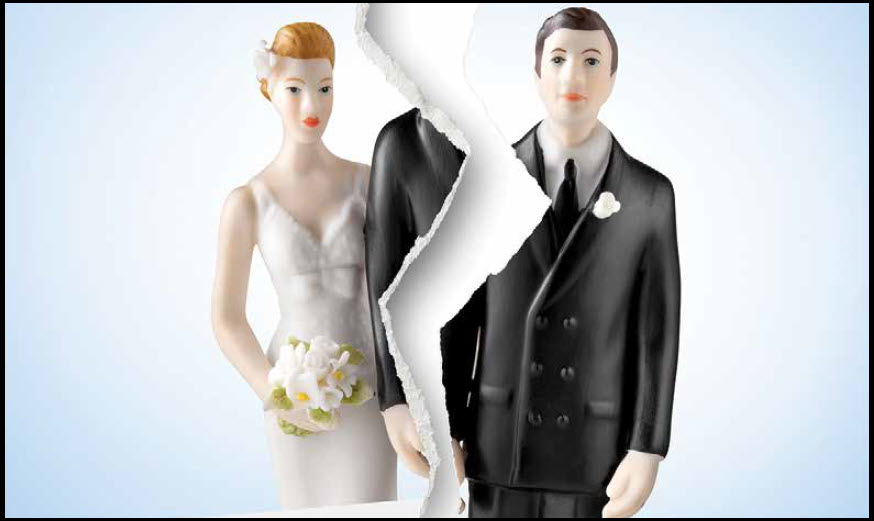 By: Phil Williams
By: Phil Williams
There is a war on masculinity in America right now. Evidence abounds.
The war on manhood was already well underway when Dylan Mulvaney showed up on a Bud Light can. But the fact that a biological male can be applauded as an “influencer” for prancing on video and celebrating “365 days to girlhood” is just further indication that something has gone awry.
Inexplicable debate rages as to whether men should compete in women’s sports, a notion too often celebrated by many, yet embarrassing to most. The U.S. military says that only 23% of American men are currently fit to enlist in the military. Masculinity is taking hits daily. On the one hand men are called to feign being women. On the other hand non-feminine men are referred to as “toxic.”
 In his book, The Warrior Ethos, bestselling author Steven Pressfield wrote of the “struggles every day to define and defend our sense of purpose and integrity, to justify our existence on the planet…” One chapter at a time Pressfield elaborated on such politically incorrect things as: duty, honor, country; a sense of humor under fire; courage; civility and love from a position of strength; aid and support to the weak; the emboldening of others.
In his book, The Warrior Ethos, bestselling author Steven Pressfield wrote of the “struggles every day to define and defend our sense of purpose and integrity, to justify our existence on the planet…” One chapter at a time Pressfield elaborated on such politically incorrect things as: duty, honor, country; a sense of humor under fire; courage; civility and love from a position of strength; aid and support to the weak; the emboldening of others.
Pressfield talks about a society willing to fight inner wars, outer wars, and to train up young men to be old warriors. Much of that is learned behavior, and truthfully not just for men. Women can have undaunted courage. Women can face crises with grace and poise. I’m married to a woman like that. I helped raise a woman like that. My son is like that, and he married a woman like that. But the war on masculinity is real.
Opinion writer Allie Beth Stuckey wrote a great piece entitled “Make Men Masculine Again.” In it she outed the left’s movement to neuter manhood, and to enshrine the beta male as the role model for civilized society.
In Stuckey’s words, when you try to make men more like women, you don’t get less “toxic masculinity,” you get more. “….bad men don’t become good when they stop being men,” she said, “they become good when they stop being bad.”
Stuckey went on to say, “The answer to toxic masculinity isn’t less masculinity, it’s better masculinity. … The growing problem in today’s society isn’t that men are too masculine; it’s that they’re not masculine enough…” Stuckey pointed out that, “When men embrace their masculinity in a way that is healthy and productive, they are leaders, warriors and heroes. When they deny their masculinity, they run away from responsibilities, leaving destruction and despair in their wake.” So well said.
No representation is made here that unless you can tote a gun, lift heavy weights, or grow a great beard you are not masculine. True masculinity is not defined by age, status, or outward appearance. It is a compilation of more esoteric things like character, warrior ethos, work ethic, care, and concern for others, self-sacrifice, courage. Real masculinity is the sum of seemingly little things:
- Like standing up to bullies.
- Like speaking out for your beliefs.
- Like sacrificing a little “me” time to play with your child.
- Like faithfulness to your wife.
- Like paying your employees before you pay yourself.
- Like checking on a friend in need.
There is no poster boy for true masculinity. You don’t have to be the Marlboro Man, a member of Seal Team Six, or somebody who knows how to spit dip without getting it on your shirt. A man can be rough without losing his civility. A man can have calloused hands and still wear a tie to work every day. A father can be physically separated from his kids and still be a dad to them.
True, the attitude of roughness and masculinity is often embodied in a mental image of harsh ruggedness. In my day I’ve known a lot of solid dudes. Action guys, operators, members of America’s elite special operations, first responders, dudes with grit and determination, and a lot of them did not fit the visual stereotypical mold.
As he prepared to anoint the future King of Israel, the prophet Samuel was taken aback that it would be David, a small guy, the least among his family, from the least of the tribes. But God told Samuel in 1 Samuel 16:7, “The LORD sees not as man sees; for man looks at the outward appearance, but the LORD looks at the heart.” The quality of one’s masculinity is determined by the inner workings of the man.
It does not matter if you’ve never earned a medal. Masculinity is not built on wealth. It doesn’t matter if you have a physical disability, or have made mistakes in your past. Society will be better off if men act like men with a sense of masculinity that transcends their outward appearance. Doing so will resonate to all around them.
Returning again to the article by Allie Stuckey, she concluded by saying, “The devaluation of masculinity won’t end well because feminine, passive men don’t stop evil. Passive men don’t defend, protect, or provide. Passive men don’t lead. Passive men don’t do the things we have always needed men to do for society to thrive. Rape, murder, war—they all have two things in common: bad men who do the raping, murdering, and warring; and weak men who won’t stop them. We need good men who will. It’s not masculinity that’s toxic. It’s the lack of it.”
We must win this war against masculinity.
By: Phil Williams








 July 19, 2024
July 19, 2024




